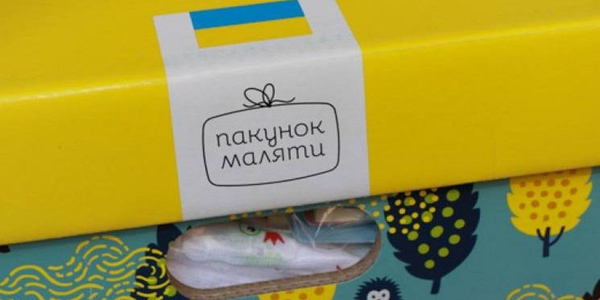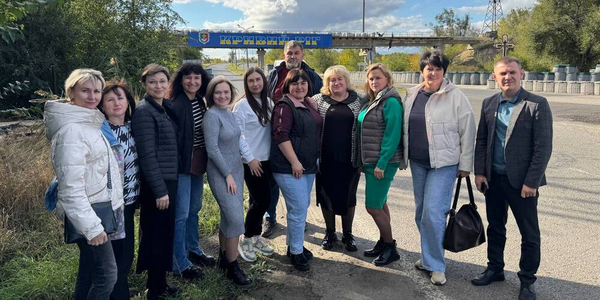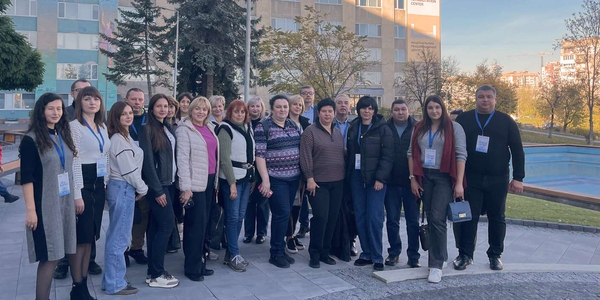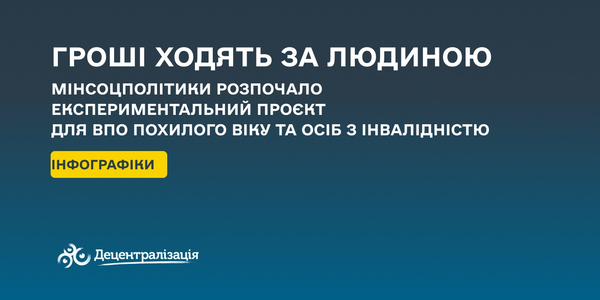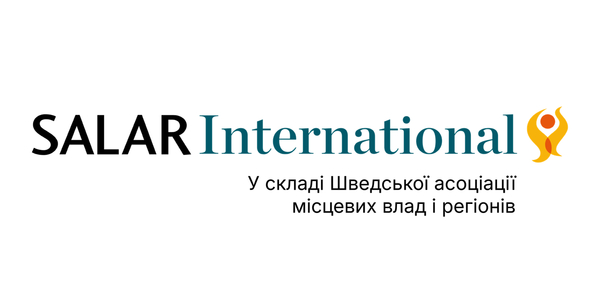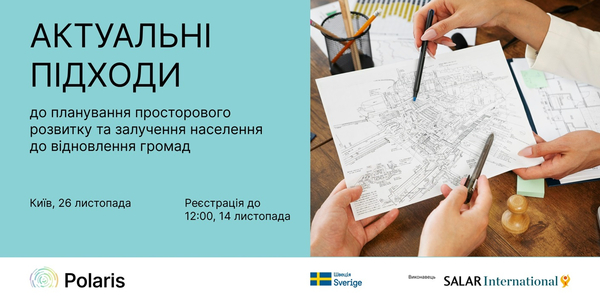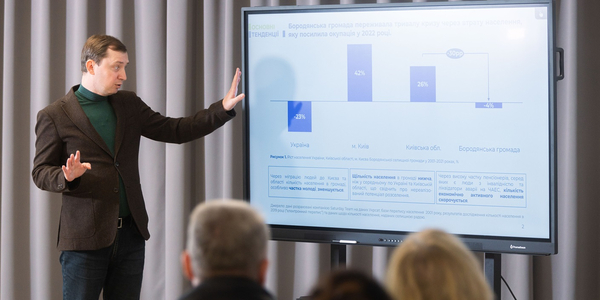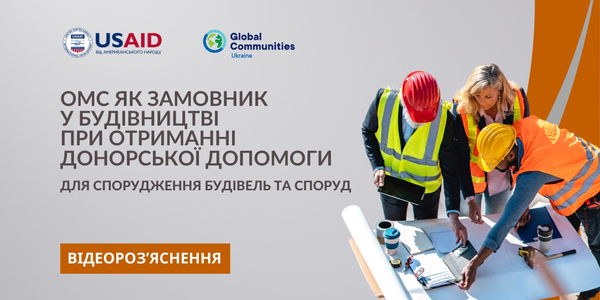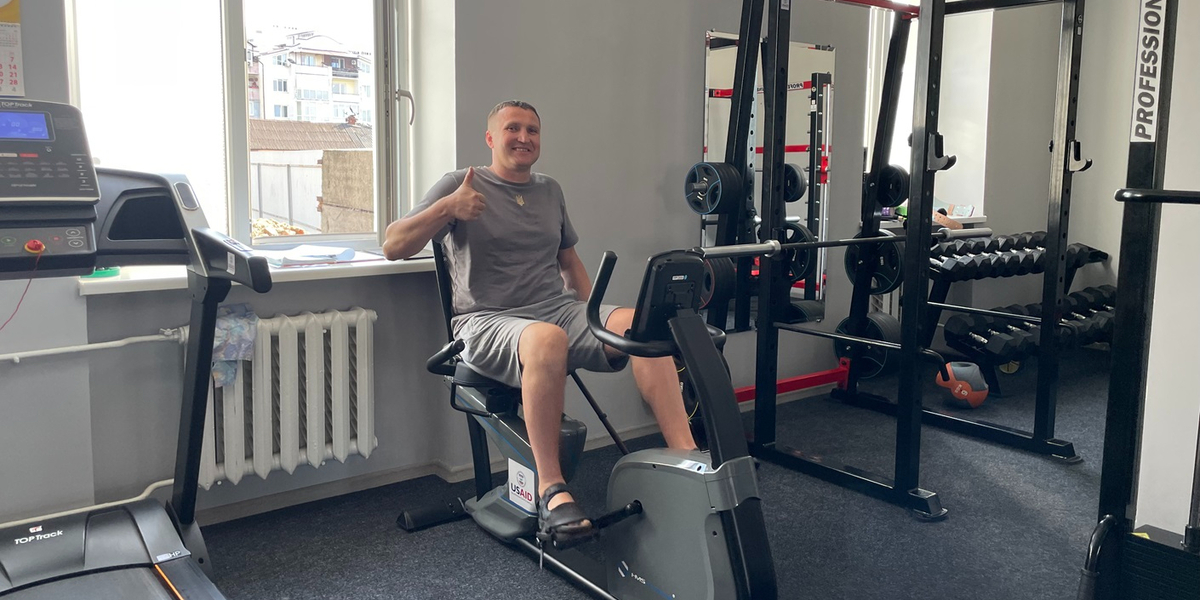
The Volodymyr Physical Health Center called Sports for All in Volyn Oblast unveiled its newly renovated gym, now equipped with modern facilities. Residents can enjoy upgraded sports equipment and a more pleasant environment, while veterans have free and unlimited access to health restoration facilities. This initiative reflects the community's dedication to creating a comfortable and welcoming environment for veterans transitioning back to civilian life.
One of the gym's visitors is Valeriy Kostiuk, a veteran with a first-degree disability. In February 2022, when Russia attacked Ukraine, he and his family hid in a shelter from missiles. Valeriy couldn't remain a bystander much longer and volunteered to defend the country. However, in the thick of the fight near Avdiivka, he suffered severe injuries to his limbs, pelvis, and internal organs.
Valeriy underwent over 20 surgeries and rehabilitation in various cities across Ukraine. Although doctors weren't sure he would walk again, he now moves with a cane and dreams of fully walking one day.
"Half a year ago, I started walking a little and working with a physiotherapist. In the hospital, they created a program for me to gradually restore my leg and be able to fully stand on it," Valeriy says.
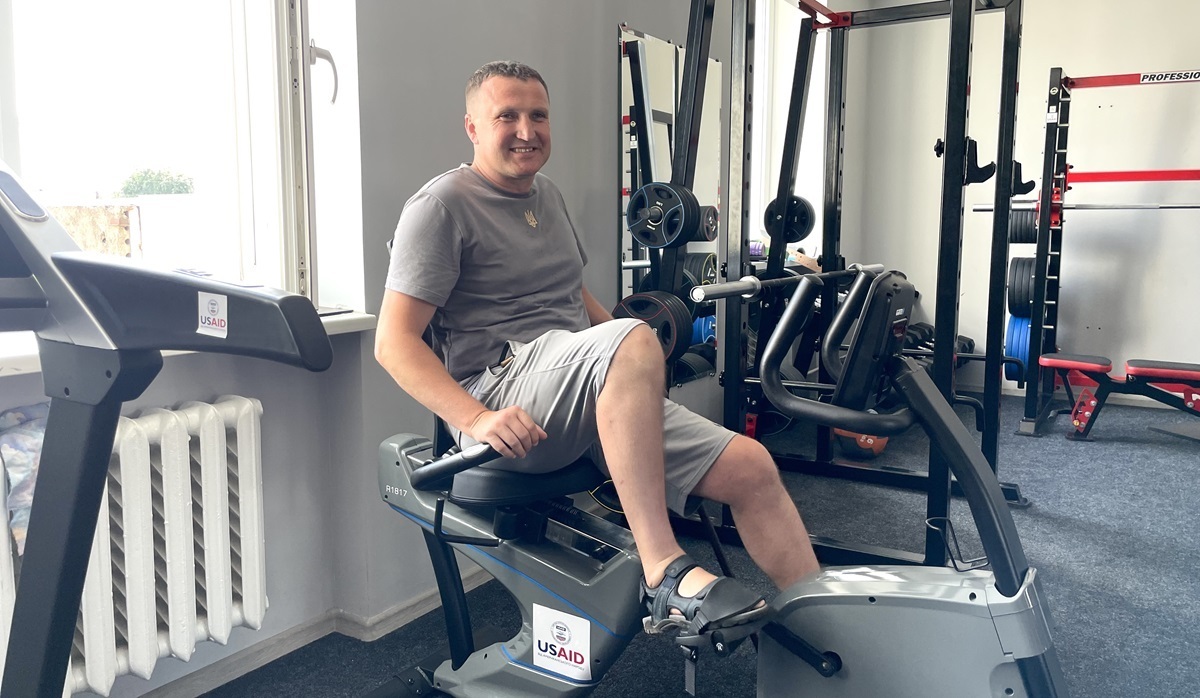
He exercises several times a week at the gym under the supervision of a rehabilitation instructor. In total, the gym attracts about a thousand visitors annually, including 40 veterans and other inclusive groups.
The modern gym equipment that helps veterans in rehabilitation was provided by the USAID HOVERLA Activity.
"We selected a range of equipment that allows working on all body muscles with adjustable resistance from 5 to over 100 kilograms. These machines can isolate, for example, the bending or straightening of an injured leg or arm to restore their activity. Additionally, it's a social integration process, as many young people visit the gym, actively interacting with veterans," explains Roman Horoshkevych, director of the Sport for All Physical Health Center.
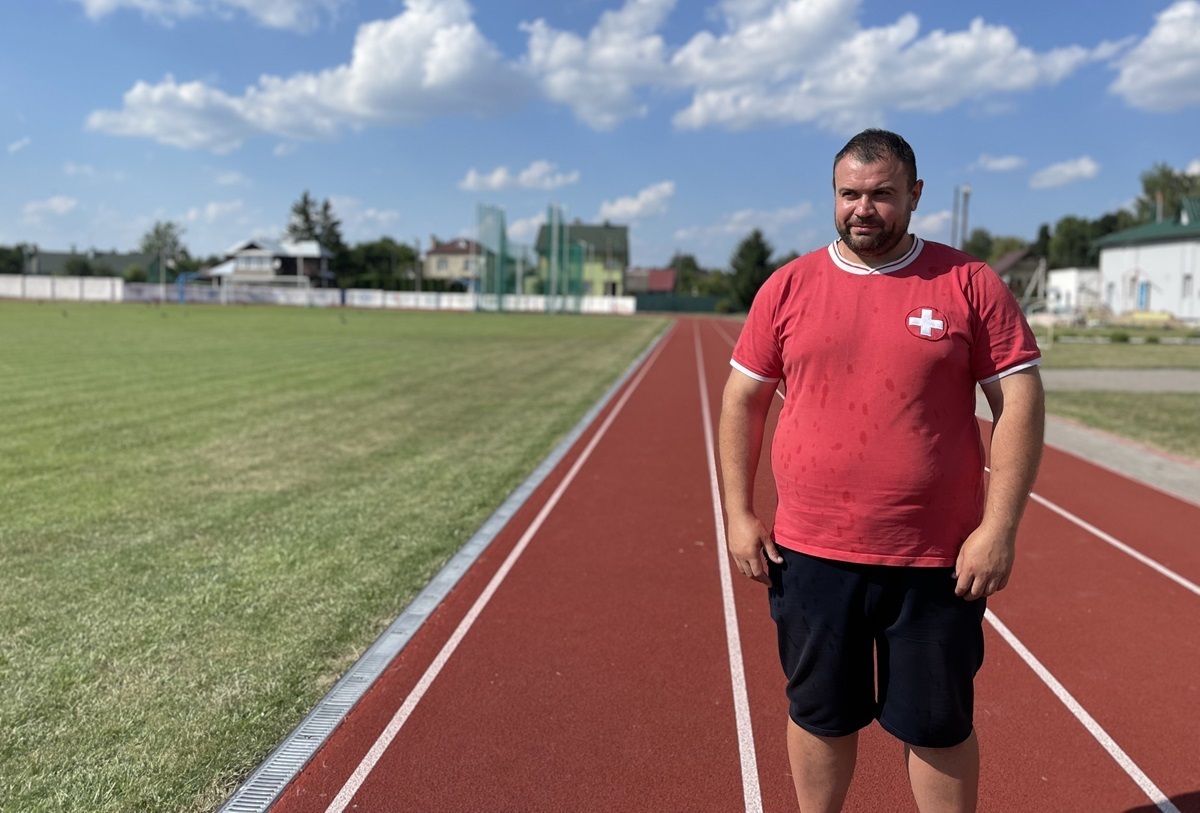
"The doctors said the chances of me walking again were 50-50, but thanks to facilities like this and people who want to help, soon you'll see me without a cane!" Valeriy confidently adds.
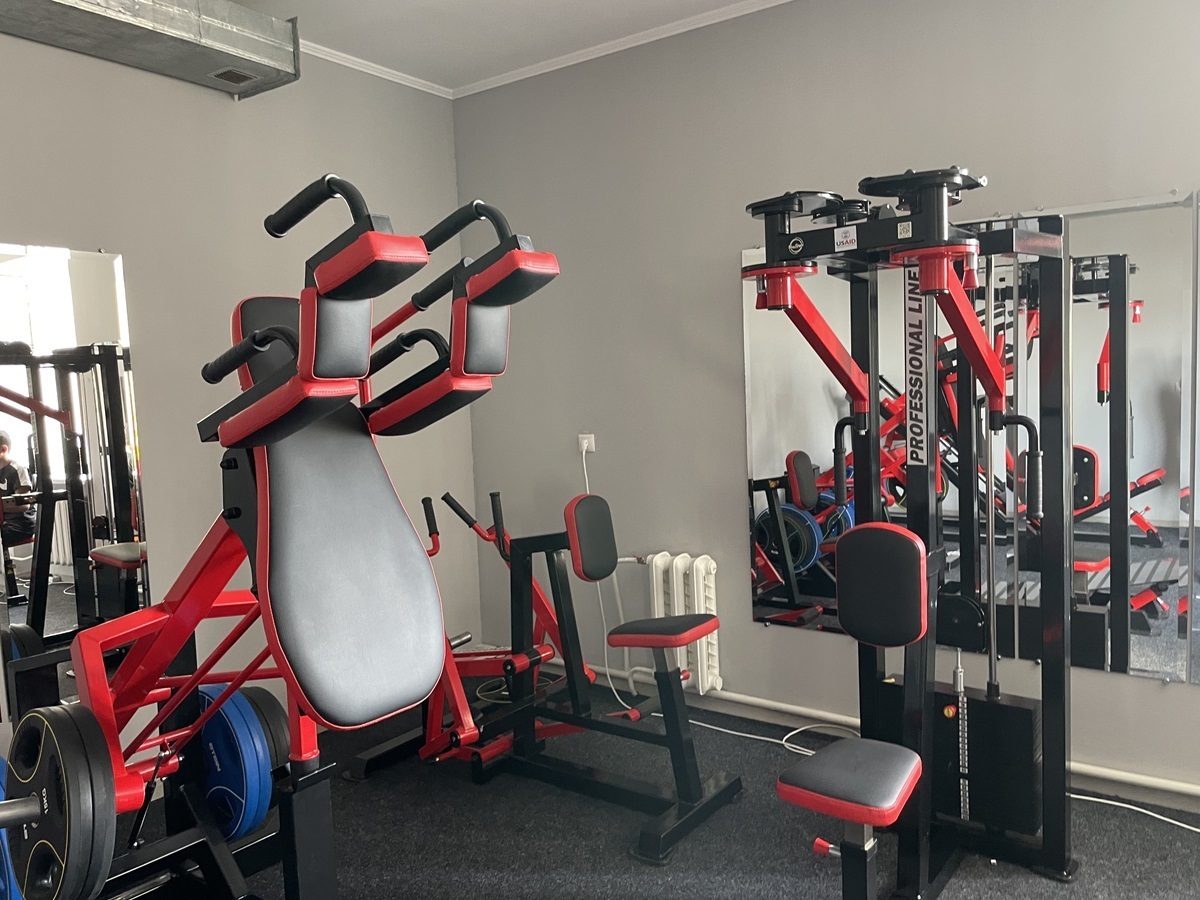
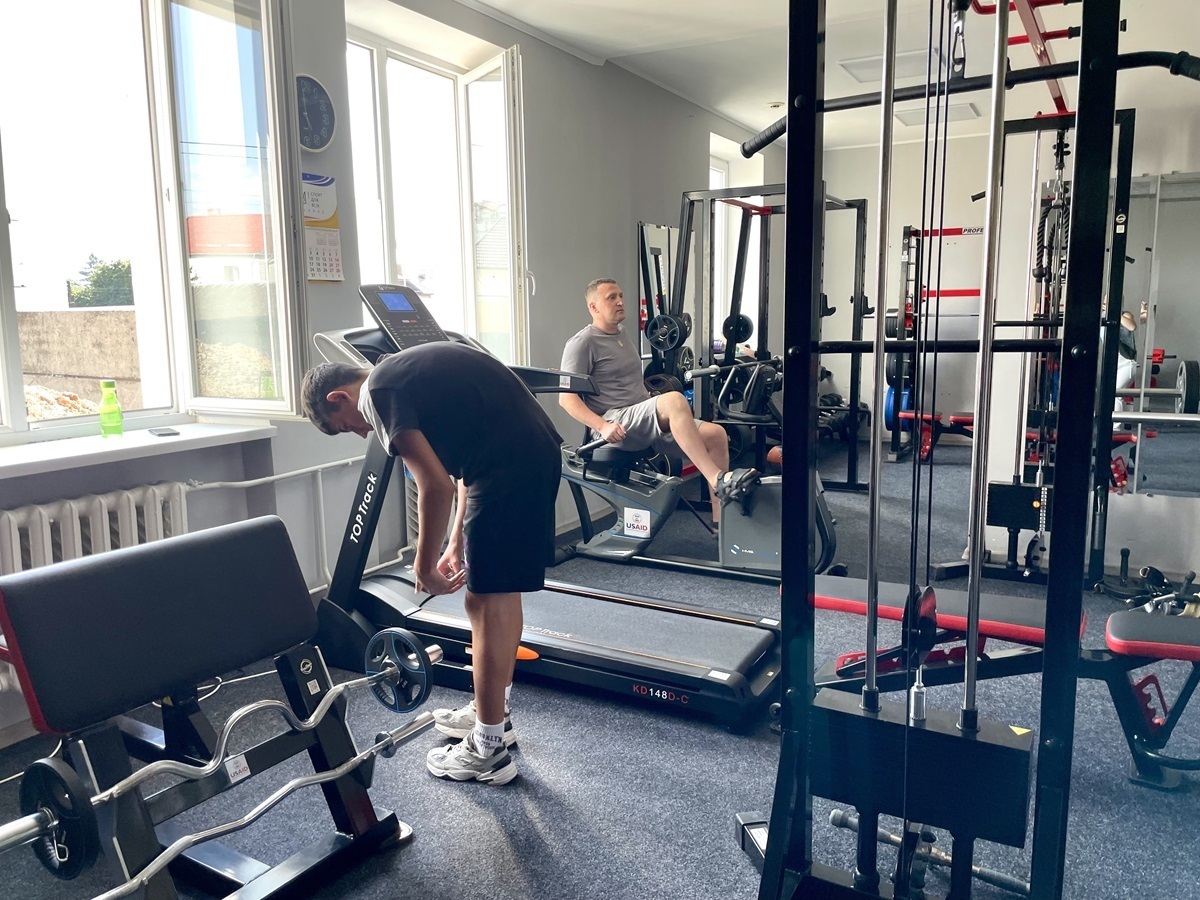
Several military units are located in Volodymyr, so more and more defenders are returning to the community. Therefore, a quality veteran policy is a strategic priority for the local authorities.
"Our duty is to create conditions for veterans to restore their physical and mental health, receive necessary services, and integrate into civilian life. So now, one of the most important projects in Volodymyr is the construction of a large rehabilitation center on the site of the former hospital," says Volodymyr Mayor Ihor Palyonka.
In collaboration with civic organizations Volyn Institute of Law (VIP) and the Agency for Regional Development of Prybuzhzhya, with support from the USAID HOVERLA Activity, the community implemented the Improving Citizen-Oriented Governance in Volyn project. As part of this project, research on the needs of residents and veterans was conducted. To effectively develop and implement veteran policies, a cooperation commission was established within the city's executive committee with VIP experts' support, leading to the creation of a veteran affairs advisor position and the formation of an inter-factional deputies' group for veteran, military, and family matters.
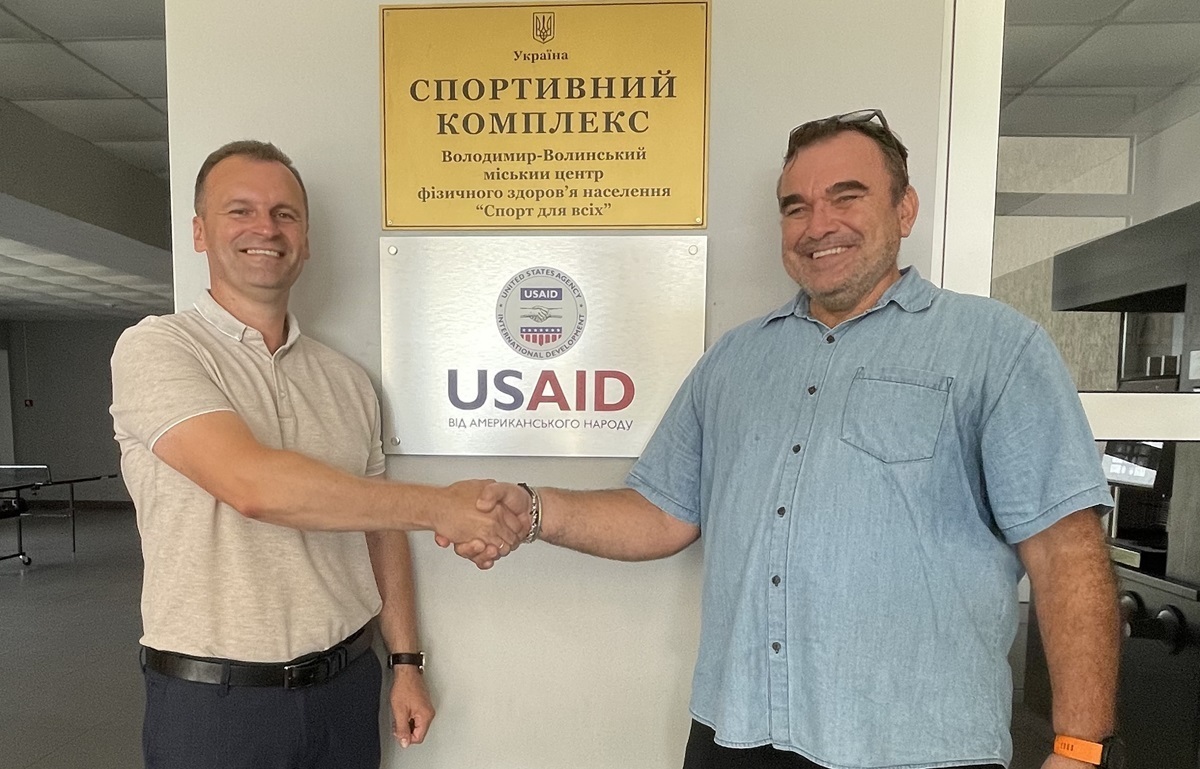
Now, tangible changes are already taking place in the community: there is a special section for veterans created on the city council's website, with information on how to obtain combatant status, where to receive medical care, and even how to spend leisure time.
A single veteran service window has been opened at the Administrative Service Center, where veterans can access a full range of services without waiting in line. The Employment Center is working on expanding job opportunities for veterans, retraining them, and providing loans for starting businesses.
Additionally, in the spring, a Veterans Hub began operating in Volodymyr. Here, military personnel and their families receive psychological support and practical advice on handling documentation.
"I am pleasantly surprised by the noticeable change in attitude towards wounded soldiers. In the institutions I've recently visited, people address you with respect and kindness. I'm very happy that the Veterans Hub was set up in the city, where not only are veterans helped, but like-minded people also come together. Communication is extremely important during rehabilitation and veterans' return to civilian life," concludes veteran Valeriy Kostiuk.
